People often say that college is the best time to make friends, and that's absolutely true as most college students should have the potential to meet at least 100 people daily, should they try. However, when people say this, they often omit the possibilities of new friendships forming after the four years of college, or after the 18-21 age range. I am currently 24 years old, and while a lot of my best friends are still from college, high school, and childhood days, I never lost effort when it came to meeting people through graduate school, or any work environment I was placed in. I've actually found that now that my friends from college have also graduated and entered the workforce, our friendships are stronger than ever — especially compared to collegiate years.
Understood need for independence
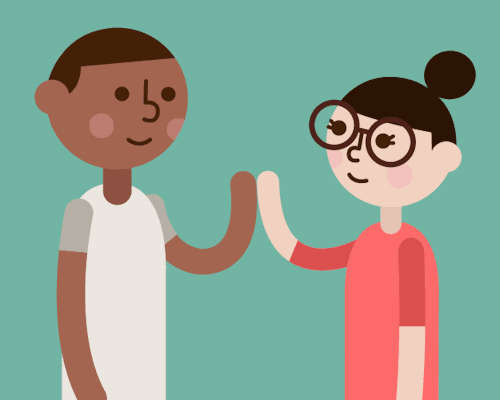
Unlike moving into a dorm and finding new friends, boundaries, and even lifestyles, by this age most of that would be already set up into a routine. Not only for you, but for the other people that you're meeting of similar age and life experiences. With this mutual understanding, forming new friendships will be more relaxed as most people have grown out of the idea of either doing everything with their best friend, or having rigid friend groups in general.
With less time to hang out, you end up cherishing people more
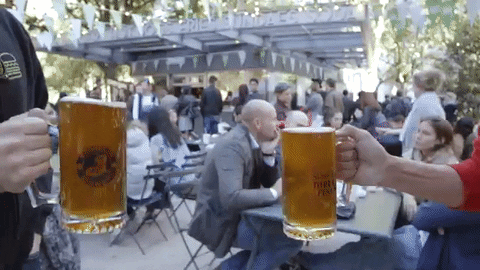
So basically, no more fake friends. I'll admit, there are people I'll hang out with when my closest friends are unavailable — but I'm sure they feel the same way about me. With this new schedule, obviously, free time will be limited by comparison to the days of undergrad — this is how you know the people you're making time for matter.
Because everyone is own their own path, there's more diversity in conversation
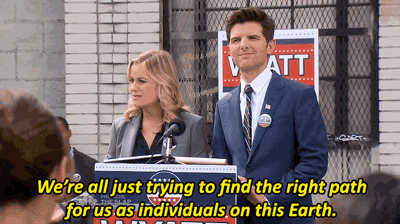
Instead of just talking about classes, people will be in different areas and stages of employment, education, and career progression. This means that not only can you learn from friends who are where you'd like to be, but the conversation never runs dry because of varying lengths of time of seeing your friends, or else due their both their and your variety in day-to-day routine — as opposed to everyone just attending their classes. In graduate school or the workforce, people are more dedicated and geared towards success with usually tangible plans — as opposed to college freshman, being tossed together in the same place.
Despite the difference in careers, oftentimes hardships are easier to bond over
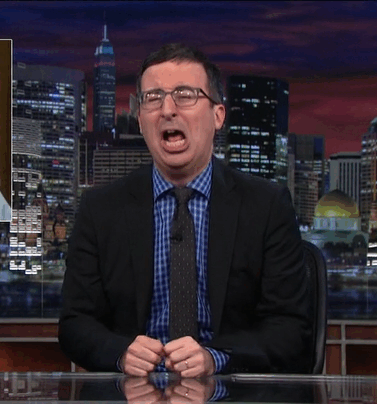
There is a reason that there are so many sitcoms revolving around 20-something-year-old friend groups that complain about life, love, and other endeavors. A hard or stressful workday is comparable baseline across industries, and having people removed from that situation can help with objective advice.
Having friends at work gets the job done faster

Because they're a friendly face to ask when you get stuck without having to turn to management or other people in the hierarchy. I've recently joined a team almost entirely made of new hires, and they're proving to be great resources — not to mention lunch buddies!
Less stigma with romantic endavors
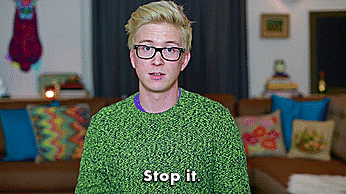
Oftentimes in college, people are trying to figure out how to navigate dating, online dating, or being in a relationship. At this age, because people are generally more experienced there's more of a separation between your social group and your dating life, which can add to a more positive experience overall.
Your friends can double as your network
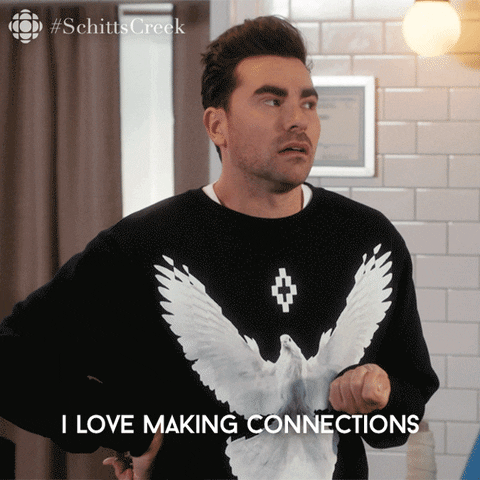
Millennials are known for job hopping at an exponentially faster rate than prior generations. We also grew up with social media, meaning we have more ways to keep in contact than before. If you or a co-worker move jobs, that doesn't end your personal relationship, just your professional one. They can still serve as professional resources, referrals, and even networking options in the future.



















